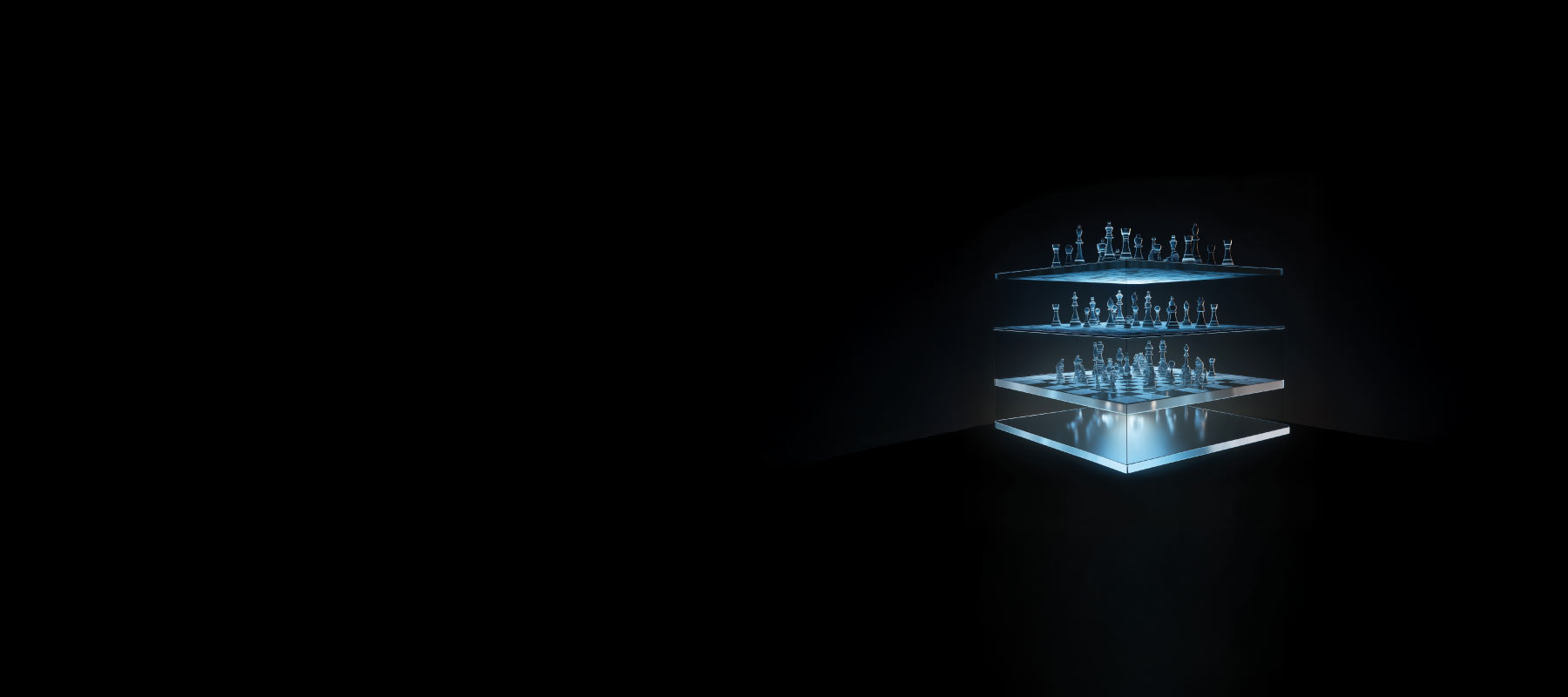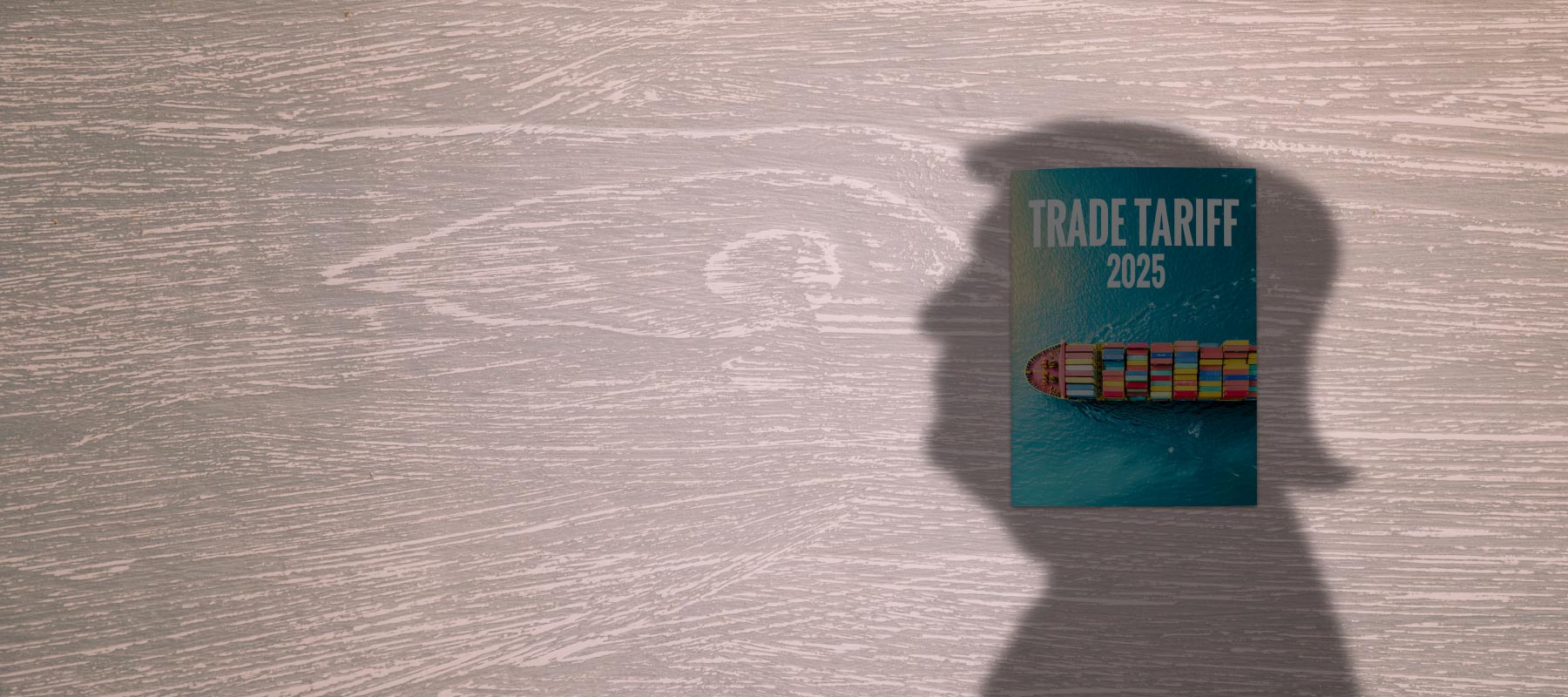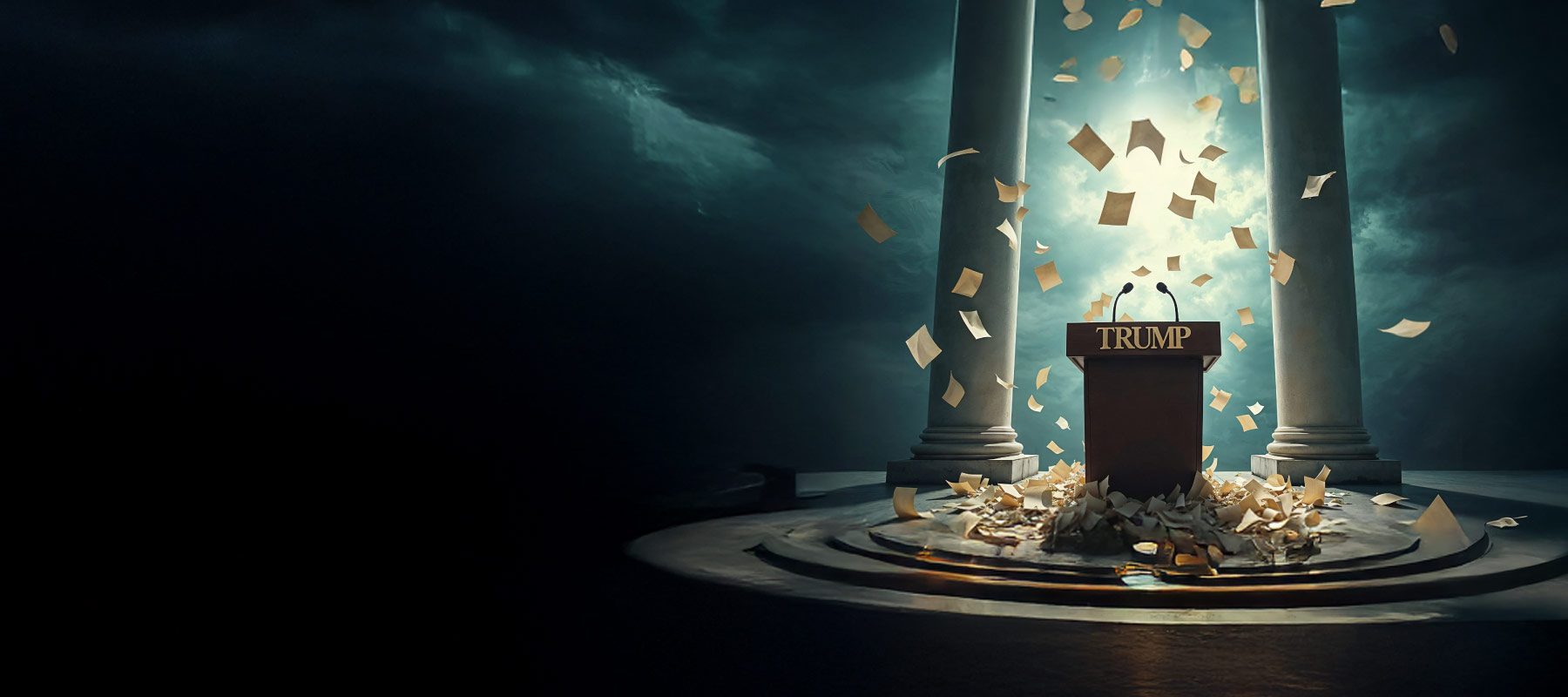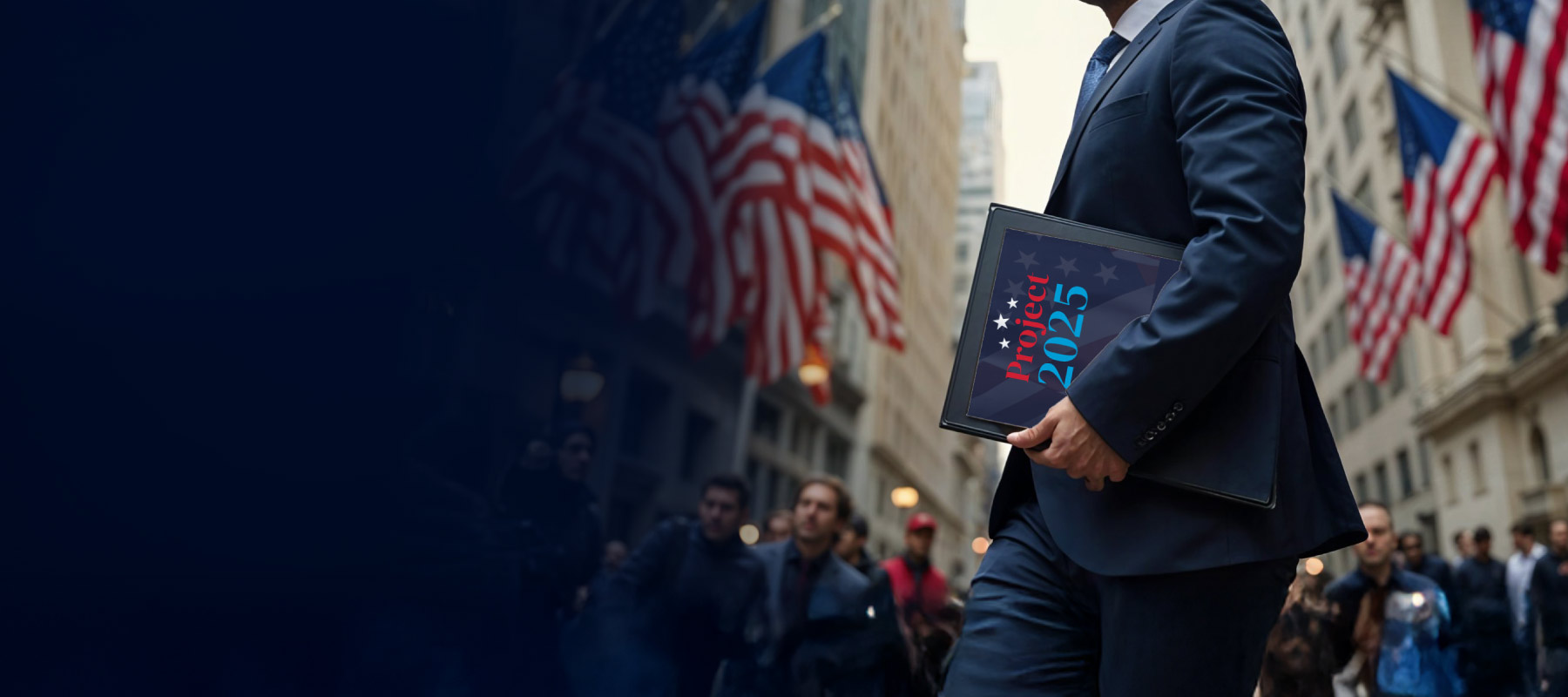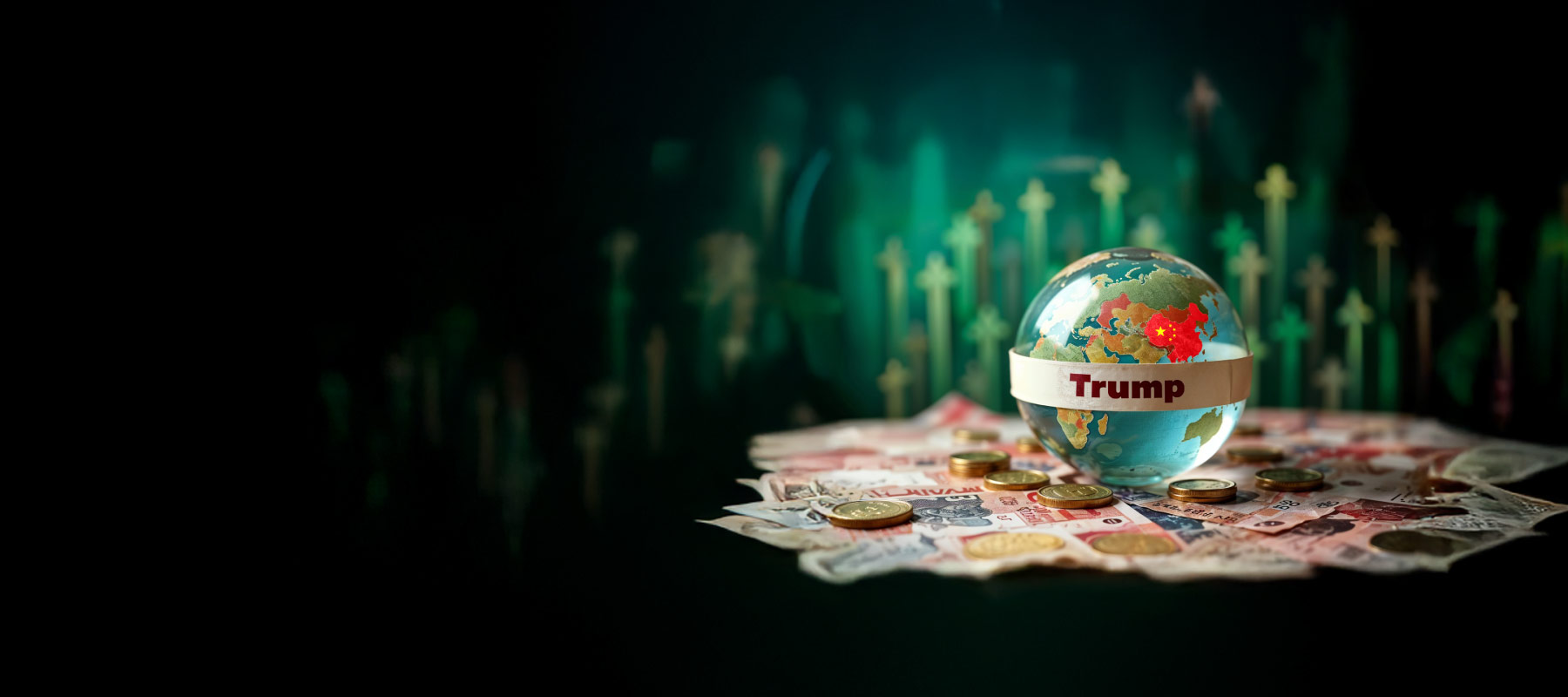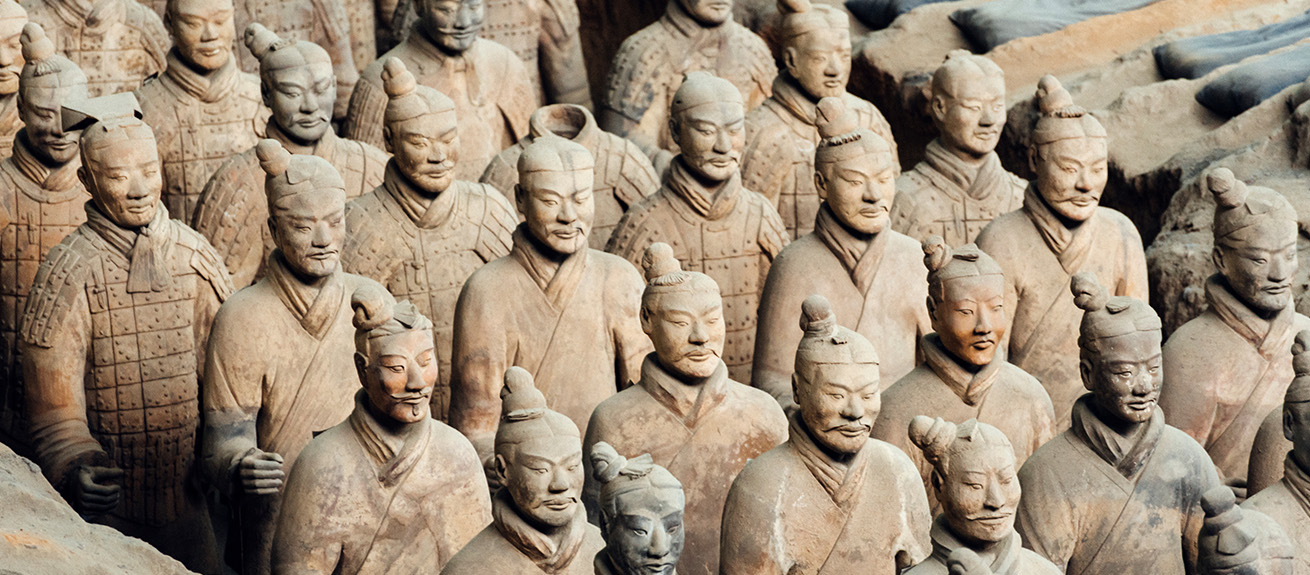
Are we on the brink of war?
There are many signs that the “post-war” period after World War II has finally come to an end and that we are now in a pre-war era. Many of the factors that define the times were present before many of the large-scale wars of the previous century: populism, nationalism, territorial disputes, ethnic and religious conflicts, terrorism, economic depression, high youth unemployment, corruption, pretty lamentable political leadership everywhere… Need one go on?
We live in bizarre times when, in the words of a “must read” report by Nik Gowing, we must be prepared to “think the unthinkable”. Who could have ever imagined that Donald Trump could be a potential US Commander-in-Chief or that we would see a President of the Philippines calling the President of the United States and the Pope the sons of whores?
Perils emanating from Asia
Whereas prospects in most corners of the planet are cause for great concern – the European Union, for example, looks like it could unravel – the greatest peril emanates from Asia.
This is the case for many reasons, beginning with the fact that it is the world’s most important region – most populated, biggest economy, most fraught with pervasive territorial disputes, concentration of nuclear power states, etc.
Over the past year, the turmoil has intensified.
The drama in the Levant, in West Asia, has considerably darkened as we watch impotently the tragic destruction and massacre of Aleppo. There is no hope of a resolution in the near future between Palestine and Israel.
Dangerous tensions are rising between Saudi Arabia and Iran. Disorder still rules in Afghanistan.
Now, perhaps the loudest alarm bells are ringing over Kashmir and the intensified tensions between India and Pakistan – two nuclear-armed states, neither of which has signed the NPT, or Nuclear Non-Proliferation Treaty. And there are two other Asian states that have not done so: Israel and North Korea. The latter, led by an unfathomable Orwellian regime in Pyongyang, menaces the world with its nuclear arms.
Japan and China – respectively the world’s third and second biggest economies – remain deeply antagonistic over territorial, ideological and historical disputes.
Hot spots
And, of course, there is the South China Sea, an explosive powder keg that is the site of three alarming and simultaneous developments. The first is the conflict between China and some of the South-east Asian maritime states, notably Vietnam. The second is the build-up of forces driving a possible breakdown of ASEAN, the regional grouping first formed in 1967 and which has grown to include 10 member states. The third is the way the South China Sea is shaping up to be arguably the hottest spot for confrontation between the US and China.
The nature of the current acute tension between India and Pakistan, and the threat of the former to revoke the Indus Water Treaty, brings forcefully to the fore the fact that one of the greatest underlying perils in Asia is over water.
All that has been written above is by no means to suggest that war in Asia is inevitable. I have often quoted the concluding four words of Margaret MacMillan’s outstanding book on World War I, “The War That Ended Peace,” where in dismissing the view that August 1914 was inevitable, she writes “there are always choices”. The problem was that many wrong choices were made then and are being made now.
What is most important in this context is to have the appropriate mindset. This is not a case, as is often made, between optimism and pessimism, but between realism and wishful thinking, smugness and complacency.
Learning from history
But it does in fact seem that we are living in a pre-war and not a post-war ethos. We are witnessing the decline of some empires (notably the US), the collapse of others (the Arab world), and the rise of China, which is a fragile global power. This pattern corresponds in some ways to that of a century ago: rising, declining and collapsing empires.
Just as I argue that war in Asia is by no means inevitable, I also wish to stress most emphatically that I am not suggesting that history is repeating or will repeat itself. But we can learn from history. Many believed in the years and, indeed, months preceding World War I that war was impossible, in fact unthinkable. If we make the assumption instead that, indeed, it is possible, there will be a greater chance that we might make the choices that avoid war. To improve global prospects, we have to be prepared to think the unthinkable.
Jean-Pierre Lehmann is Emeritus Professor of International Political Economy at IMD; and visiting professor at Hong Kong University.
Research Information & Knowledge Hub for additional information on IMD publications
This paper presents a compact and intuitive framework that consolidates, simplifies, and extends results on the links between technology, trade, and labour market outcomes. It makes three main contributions. First, it presents closed-form solution...
Ten years from now, we’ll know which companies best navigated geopolitics. And the hunt will be on for enduring lessons. Which firms made the smartest adjustments to their global commercial footprint by exiting certain markets, doubling down on ot...
Consumer-voters and the processing industry are the sure losers of the trade war against China that Trump will carry on with renewed energy.
Brookfield’s Catalytic Transition Fund is a case study in how the financial industry can spearhead sustainable development. Brookfield Asset Management announced an initial closing of $2.4 billion for the Catalytic Transition Fund, marking a signi...
Research Information & Knowledge Hub for additional information on IMD publications
in Journal of International Economics 23 February 2025, ePub before print, 104065, https://doi.org/10.1016/j.jinteco.2025.104065
Research Information & Knowledge Hub for additional information on IMD publications
Research Information & Knowledge Hub for additional information on IMD publications
Research Information & Knowledge Hub for additional information on IMD publications
Research Information & Knowledge Hub for additional information on IMD publications
Research Information & Knowledge Hub for additional information on IMD publications
Research Information & Knowledge Hub for additional information on IMD publications
Research Information & Knowledge Hub for additional information on IMD publications
Research Information & Knowledge Hub for additional information on IMD publications
Research Information & Knowledge Hub for additional information on IMD publications


